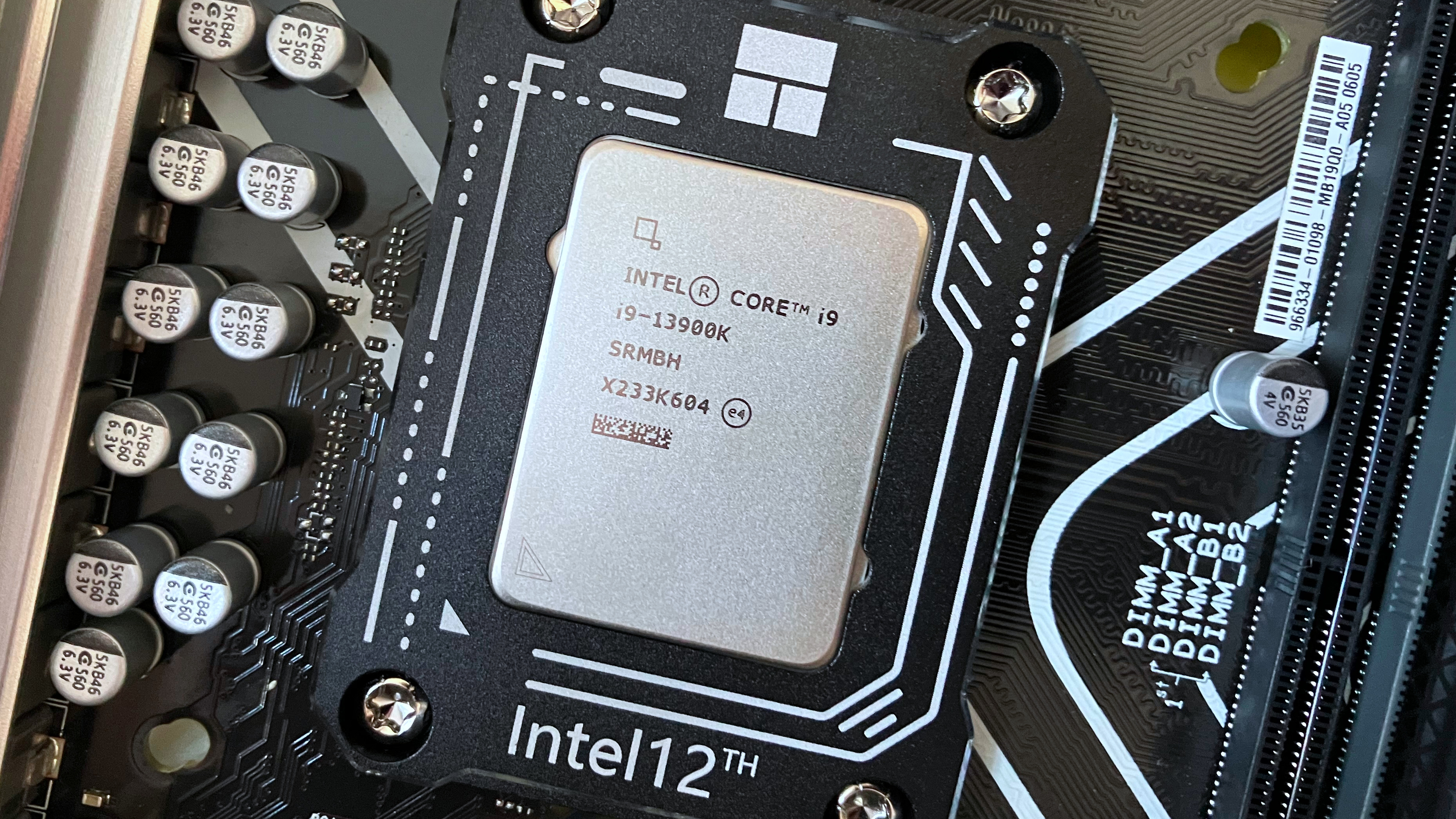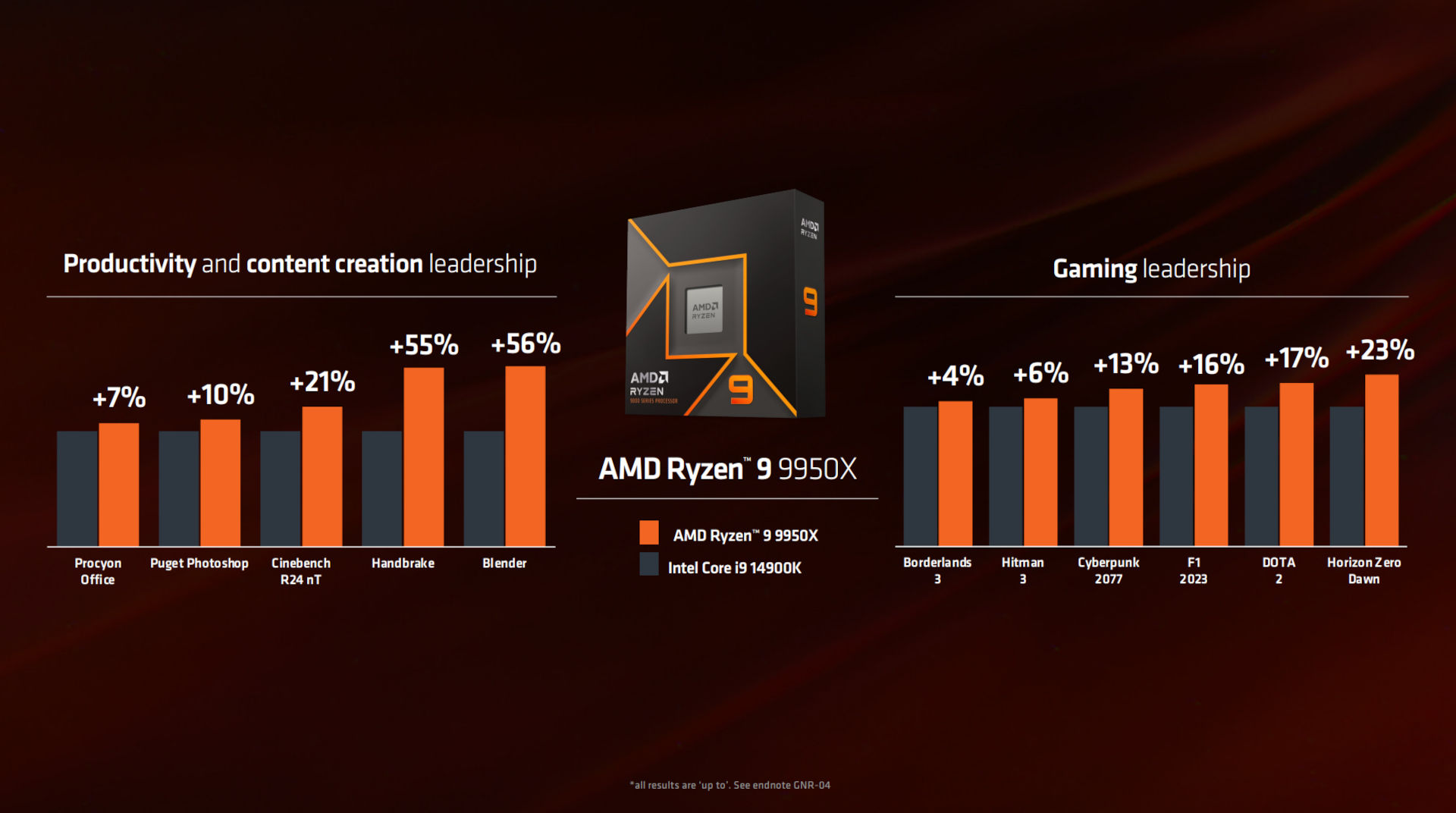What you need to know
- Intel announced plans to extend 13th Gen “Raptor Lake” and 14th Gen “Raptor Lake Refresh” warranties by two years amid a microcode issue causing the chips to degrade.
- The Abington Cole + Ellery law firm began a class action lawsuit investigation involving the CPU issues and Intel’s handling of the matter.
- Since 2022, users of the affected CPUs have experienced frequent crashes and BSODs, with Intel only confirming the issue and root cause this week.
- The microcode bug can affect any 13th and 14th Gen desktop chips running at 65W or higher.
Intel’s problems are beginning to catch up in a major way with the chipmaking behemoth. Just a couple of days after the company revealed via a community board post that the cause of 13th Gen “Raptor Lake” and 14th Gen “Raptor Lake Refresh” desktop processor (CPU) instability had been discovered in more chips than first thought, the Abington Cole + Ellery law firm began a class action lawsuit investigation.
The law firm — based in Tulsa, Oklahoma, with a focus on class action litigation — is currently gathering information from users who have experienced issues with the Raptor Lake chips.
To undoubtedly help stem some of the bleeding, Intel’s Thomas Hannaford took to the Intel Community board on August 1 with an update surrounding Core 13th and 14th Gen warranties:
“Intel is committed to making sure all customers who have or are currently experiencing instability symptoms on their 13th and/or 14th Gen desktop processors are supported in the exchange process. We stand behind our products, and in the coming days we will be sharing more details on two-year extended warranty support for our boxed Intel Core 13th and 14th Gen desktop processors.“
Hannaford also reiterated in the same posting that any users who “purchased a boxed CPU” or who “purchased systems from OEM/System Integrators” must reach out to Intel customer support (in the former case) or the system manufacturer support (in the latter case) to undergo the RMA process.
You’re seemingly covered no matter how you got your hands on an affected chip, but significant damage to the company’s image has already been done.
Have a faulty Intel chip? You can contribute to the class action lawsuit investigation.
Spotted by Tom’s Hardware, the Abington Cole + Ellery firm is gathering information from users who are affected by Intel’s Raptor Lake and Raptor Lake Refresh instability issues.
Intel says it has identified the root of the problem — a microcode bug that causes CPUs to draw too much voltage, leading to degradation that causes crashes and BSODs — and it is expected to release an update via motherboard BIOS in mid-August.
In the same breath, Intel also confirmed that the issue could affect far more desktop CPUs than first believed, including any 13th and 14th Gen hardware drawing 65W or more power. Worse, it’s believed that the microcode fix will not save CPUs that are already having issues.
On the one hand, Intel seems to be serious about replacing faulty CPUs via warranty (there are plenty of semi-satisfied customers stating that they’ve had their chip replaced), and the extended warranty coverage just announced should add some peace of mind.
On the other, it took Intel a long time to acknowledge the problem, which probably should have been handled with a full recall. That’s where the class action lawsuit kicks off.
As it reads on the Abington Law website where you can submit evidence:
“Recent reports have highlighted instability issues with Intel’s 13th and 14th Generation Core desktop processors. The primary cause of these instabilities has been identified as elevated operating voltages. Intel’s analysis revealed that a microcode algorithm was incorrectly requesting higher voltages, leading to instability in the processors. This issue apparently does not stem from the earlier resolved via oxidation problem in Intel’s manufacturing process.
It is being reported that the instability issue affecting Intel’s 13th and 14th Generation Core desktop processors affects potentially all 65W and higher CPUs — including KS, K, KF, and non-K 65W (and higher) versions.
Intel is addressing the problem by releasing a microcode patch that corrects the voltage requests. This patch is scheduled for release to partners by mid-August 2024. In the meantime, Intel recommends affected users reach out to their customer support for assistance. The company appears to be addressing instability scenarios through continued validation and updates.”
It remains to be seen whether or not the class action lawsuit will go anywhere, but at the very least, the investigation is causing further damage to the company’s credibility.
🔥Hottest hardware deals🔥
Intel announces massive layoffs as a cost-saving measure
On August 1, Intel announced layoffs of 15,000 employees. No, that’s not a typo, and my heart goes out to all affected. The layoffs aren’t caused directly by the ongoing instability issues, but the chagrin of affected customers certainly isn’t helping the company claw back any uphill traction.
In a related memo, Intel CEO Pat Gelsinger blamed the cost-saving cuts on missed growth targets, an inability to capitalize on recent trends (like AI), and significant challenges faced by Intel Foundry.
Here’s what Gelsinger had to say on the matter:
“Our revenues have not grown as expected—and we’ve yet to fully benefit from powerful trends, like AI. Our costs are too high, and our margins are too low. We need bolder actions to address both—particularly given our financial results and outlook for the second half of 2024, which is tougher than previously expected.”
At the time of writing, Intel’s pre-market share price is down 7% after falling out overnight.
It’s AMD’s time to shine with Zen 5
AMD hasn’t exactly been flawless lately, either, but for a much less serious reason. The company recently announced a launch delay for its Ryzen 9000 desktop CPUs until at least August 8, 2024.
The delay was stated by AMD SVP and GM of Computing and Graphics Jack Huynh as being caused “due to a failure to meet (our) full quality expectations,” which turned out to involve some lesser chips being mislabeled as Ryzen 9.
With the mislabeling being handled and the new Zen 5 chips due shortly, AMD has a massive opportunity to capitalize on Intel’s shaky standing with a strong Ryzen 9000 launch.
We now have a bunch of the Ryzen 9000 chips in for testing (with proper branding), and we’ll be sharing our findings when the review embargo lifts.







